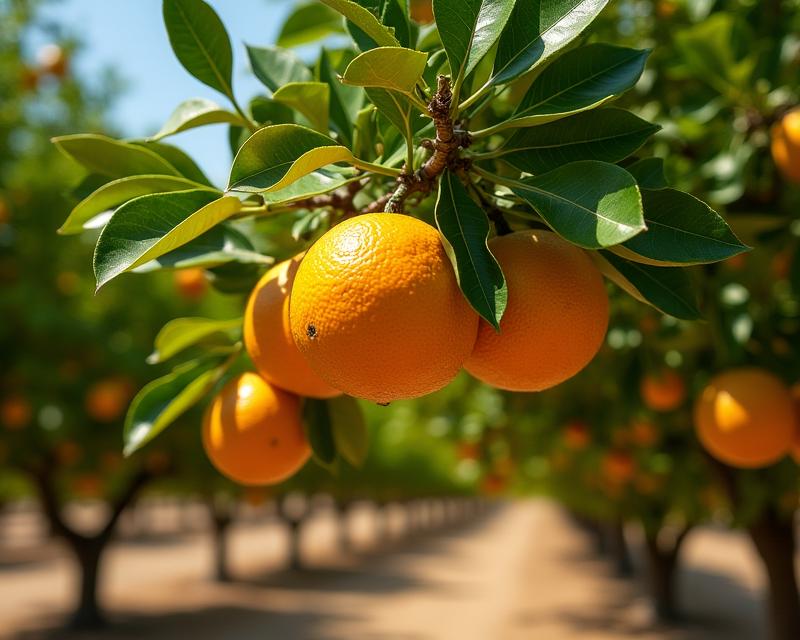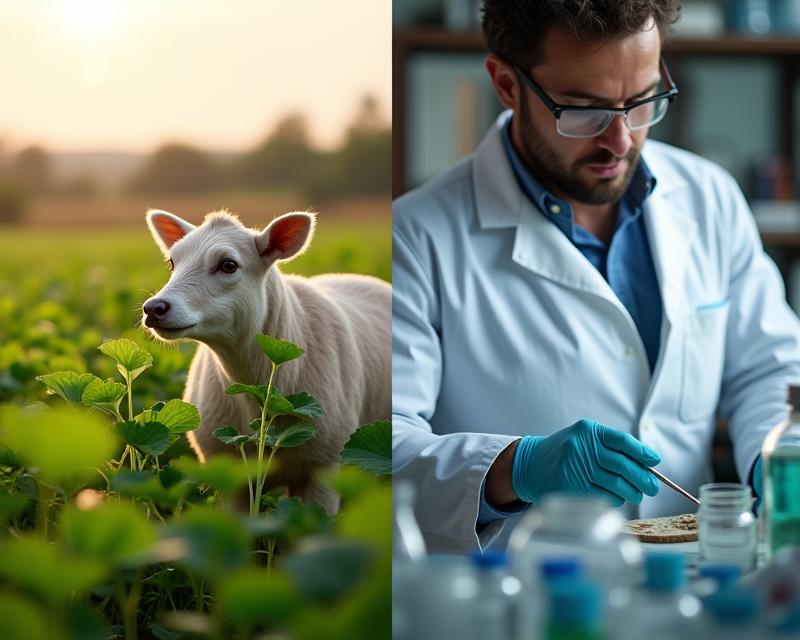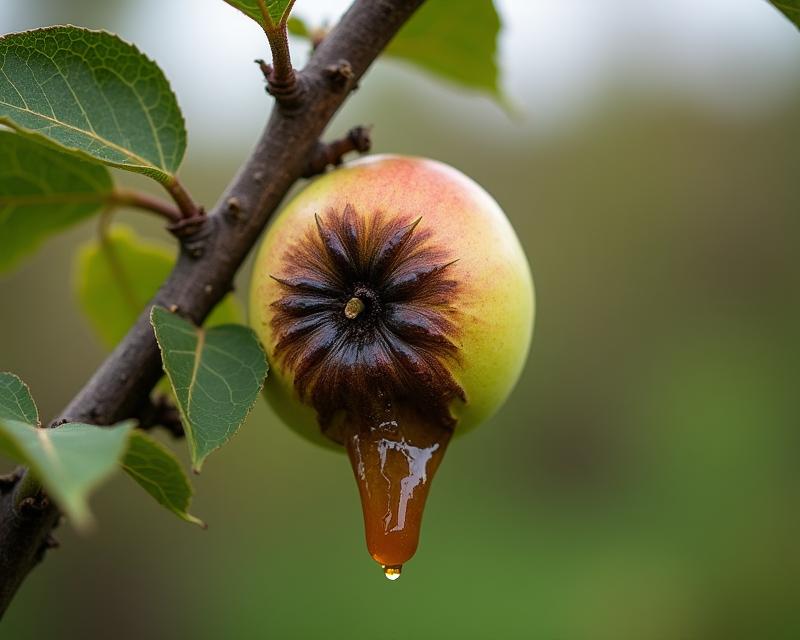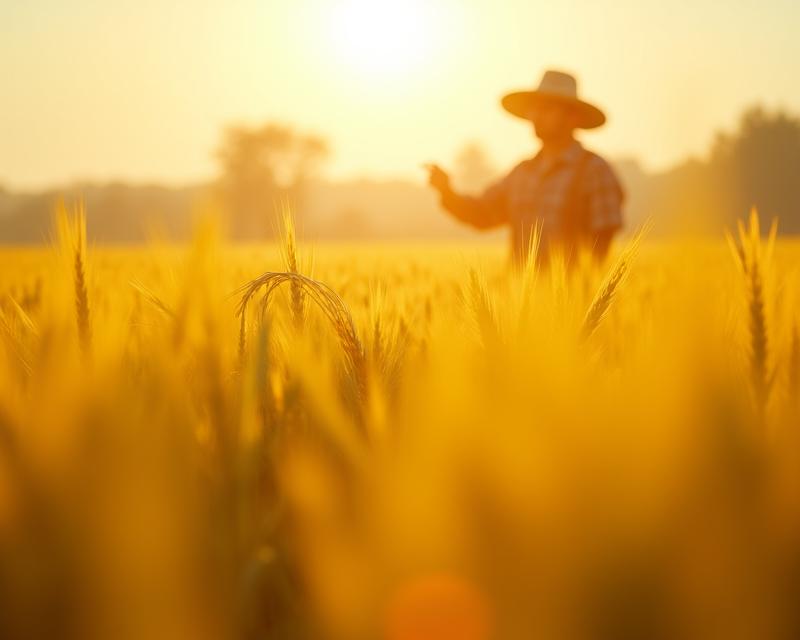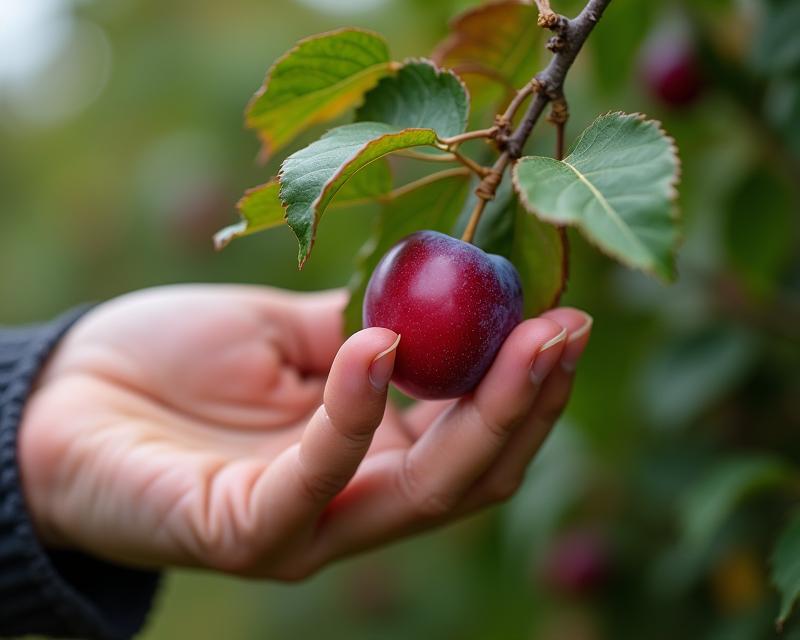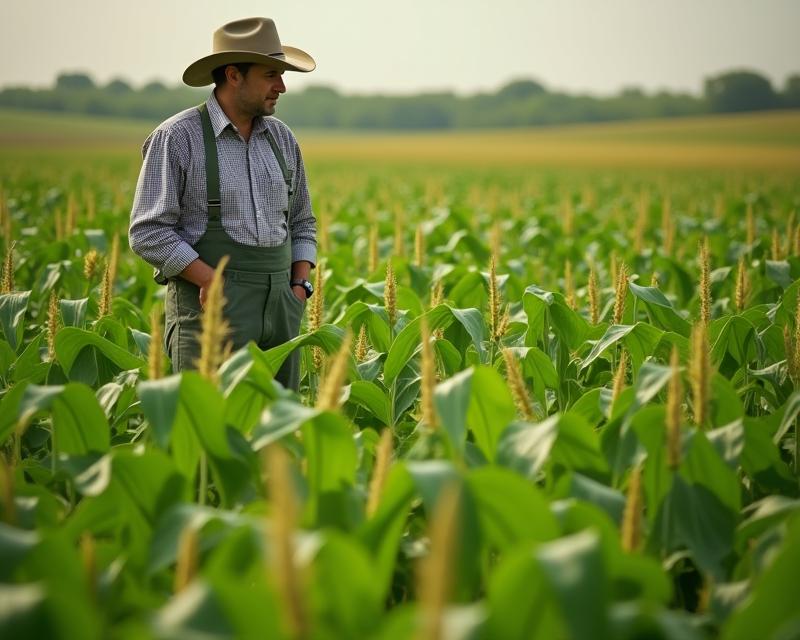Dates: A Sweet History of the Middle East
Publish in Crops el 21/07/2025 00:58
Dates: A Sweet History of the Middle East
Dates – those sweet, chewy fruits – are so much more than just a tasty treat. They represent a cornerstone of civilization in the Middle East, with a history stretching back thousands of years. Understanding the journey of the date palm can offer valuable insights for modern farmers, especially those working in arid or semi-arid climates. Let's delve into the fascinating story of this vital crop.

The story of the date palm's domestication is a captivating one. Archaeological evidence suggests that date palms were first cultivated in the Fertile Crescent around 6000 BCE. Early humans likely discovered wild date palms and began selectively breeding the best-tasting and most productive trees. Over generations, this led to the development of the date palms we know today. The ability to cultivate dates provided a reliable food source in regions where other crops struggled to thrive. This stability was crucial for the development of settled communities and the rise of early civilizations.
Dates quickly became integral to Middle Eastern culture and economy. They weren't just eaten fresh; they were dried, processed into sugar, and used in a wide variety of dishes. Dates were a staple food for travelers, providing essential energy on long journeys across the desert. They also held significant religious and cultural importance, featuring prominently in rituals and celebrations. The date palm provided not only sustenance but also building materials (fronds for roofing and weaving) and even fuel (palm oil).
Today, date palms continue to be cultivated across the Middle East, North Africa, and parts of Asia. Modern farming techniques have improved yields and quality, but the fundamental principles of cultivation remain rooted in ancient wisdom. If you're considering adding date palms to your farm or garden, remember the long and rich history behind this remarkable crop. Consider factors like soil type, water availability, and climate – all crucial for successful date palm cultivation. The date palm offers a unique opportunity to connect with a deep agricultural heritage and produce a truly valuable and delicious fruit. It's a testament to the ingenuity of early farmers and a sweet legacy for generations to come.
